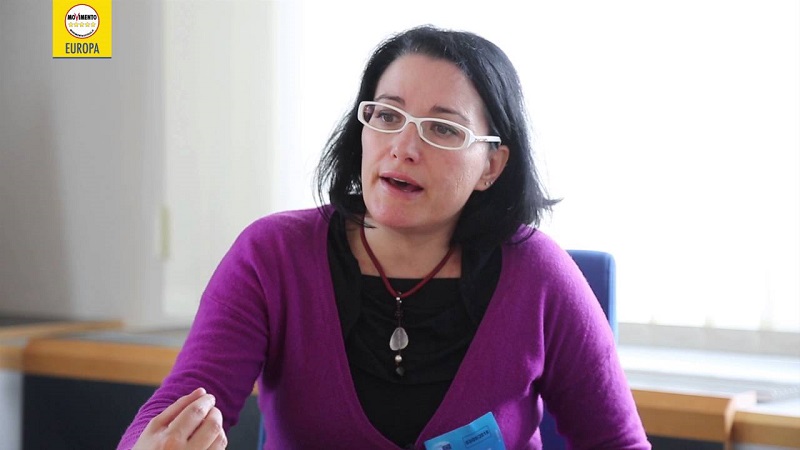Reporters Without Borders (RSF) called on the Italian authorities in Puglia region to publicly condemn the thousands of death threats sent to Marilú Mastrogiovanni, an investigative reporter.
The authorities had to do whatever is necessary to ensure the safety of the journalist, who has been under police protection, the NGO said.
Earlier this month, Mastrogiovanni received hundreds of e-mails with death threats – some from an e-mail address that read “death approaches (la morte si avvicina)”.
The editor of Il Tacco d’Italia, a regional news website that she founded in 2003, Mastrogiovanni specializes in covering the “Sacra Corona Unita“, the main mafia-style organised crime network in Puglia.
In recent years, she has taken a particular interest in waste management in Puglia, which – thanks to the complicity of certain local government representatives – has been a major source of profits for this mafia group.
Puglia’s Sacra Corona Unita is often called Italy’s fourth mafia – after Sicily’s Costa Nostra, Calabria’s ‘Ndrangheta and the Neapolitan Camorra and it is just as powerful and dangerous, RSF said.
In a tweet, Mastrogiovanni said she was not going to remain silent. She has been one of the many investigative journalists who, following the death of Daphne Caruana Galizia, have been pushing to continue her investigations and stories. She is also one of the main drivers behind the international voices calling for justice over Caruana Galizia’s assassination.
Mastrogiovanni is one of the 10 Italian journalists currently receiving full-time police protection because of the direct and explicit threats she has received from both the Sacra Corona Unita and local officials in Puglia.
However, she has spoken about the inadequacy of the police protection. “I’ve left my home in Casarano to protect my husband and my children, because I couldn’t be sufficiently protected from a possible attack,” she told RSF.
“There are not enough police officers to combat the mafia and to defend the journalists who cover this subject.”
The threats increased after she recently published an investigative story about organised crime’s suspected infiltration into the tourism sector in southern Puglia’s Salento region, which is famous for its beach resorts and mountain villages. Bags of trash were spilled outside her home as a warning at the end of June.
“Despite this surge in threats, Mastrogiovanni courageously refuses to be silenced and is determined to continue her investigative reporting,” said Pauline Adès-Mével, head of RSF’s EU-Balkans desk. “It is vital that the local authorities firmly and publicly condemn these threats and seize this opportunity to demonstrate their support for her in a concrete manner.”
The RSF said that covering mafia networks or criminal gangs exposes reporters to deadly danger in Italy, which is ranked 46th out of 180 countries in RSF’s 2018 World Press Freedom Index.
On Monday, Italian journalist Ario Gervasutti, former director of Il Giornale di Vicenza and journalist at Il Gazzettino was targeted in the dead of the night as five shots were fired into his home – three of the bullets were embedded in the wall of his children’s bedroom. No one was injured.












